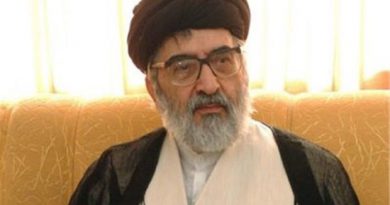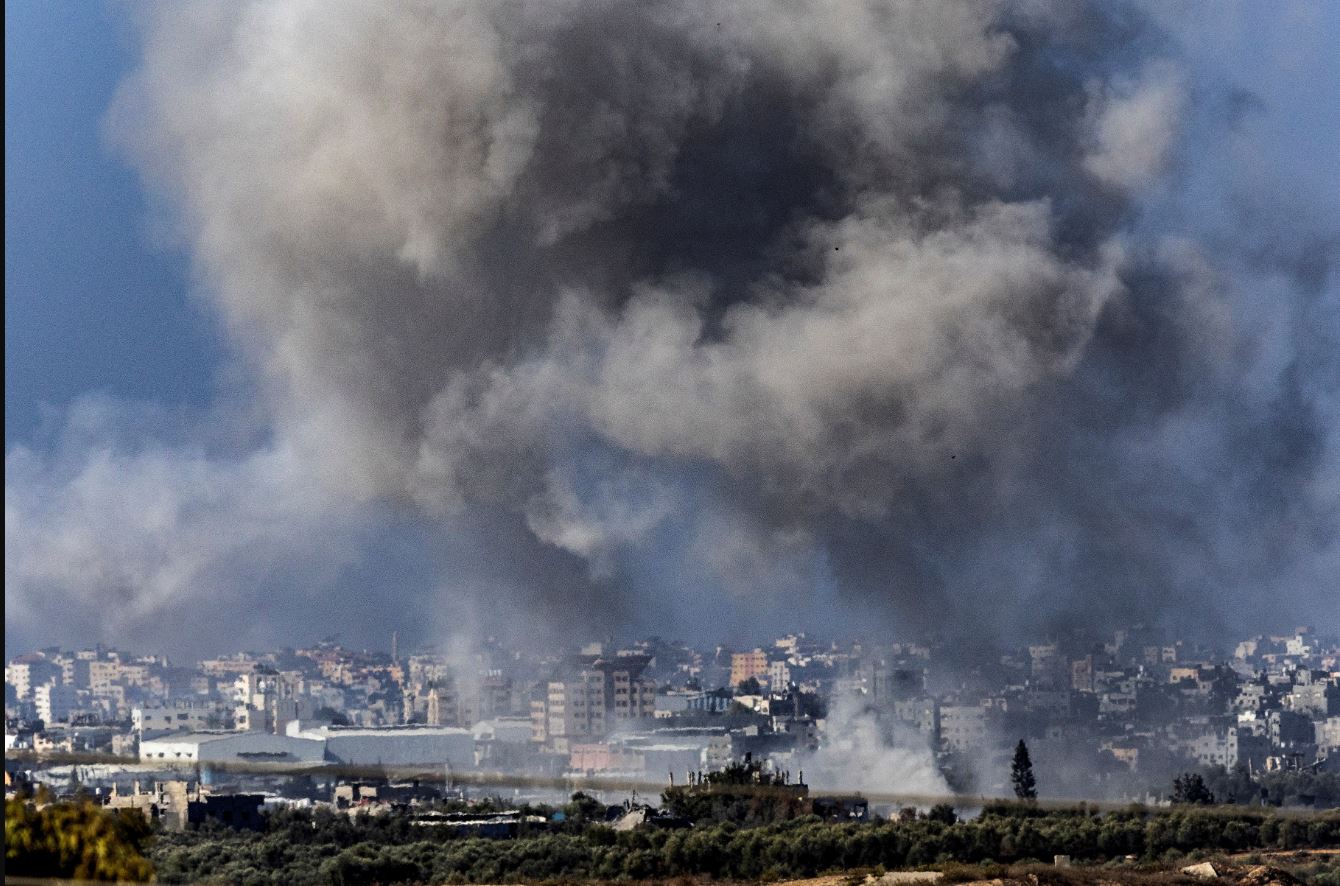Bangladesh says Myanmar must establish trust and safety for the repatriation of Rohingyas
Dhaka – Following calls to halt the community’s possible return to their homeland, Bangladesh’s refugee commissioner stated that the government in Myanmar must foster trust and guarantee safety for Rohingya refugees.
1.2 million Muslim Rohingyas have been hosted by Bangladesh and are receiving humanitarian aid. The majority of them escaped the violence and persecution in neighbouring Myanmar during a military crackdown in 2017.
After a junta delegation visited Bangladeshi refugee camps in March to verify hundreds of potential returnees for a procedure ostensibly intended to jumpstart a stalled repatriation agreement, a leading human rights watchdog last week urged authorities in Bangladesh to stop plans to send Rohingya refugees back to Myanmar.
Mizanur Rahman, Bangladesh’s Commissioner for Refugee Relief and Repatriation, told Arab News that “Repatriation must be dignified, voluntary, and sustainable.”
The majority of responsibility for this rests with the Myanmar government.It is the duty of the host nation to give its citizens a sense of security and to create an environment of respect.
The question of whether the Rohingya are prepared for repatriation still exists, according to Rahman, who added that the UN refugee agency will be involved to assess their willingness if the procedure were to proceed. Rahman said Bangladesh is ready for repatriation to start.
As long as the military junta continues to commit atrocities across the nation and practise apartheid in Rakhine State, according to Human Rights Watch, voluntary, safe, and dignified returns of Rohingya refugees to Myanmar “are not possible.”
According to a statement by HRW, Bangladeshi officials “lied to, deceived, or otherwise coerced” Rohingya refugees to meet with the Myanmar delegation last month.
According to Meenakshi Ganguly, head of HRW South Asia, “for future returns to be truly voluntary, the Bangladesh authorities need to allow Rohingya to live freely, without enforcing pressures pushing them to go back.”
Since it has been housing the migrants despite not being a signatory to the 1951 UN Refugee Convention, Bangladesh has been advocating for the return of the Rohingya.
The developing nation spends an estimated $1.2 billion annually to assist the Rohingya, despite a decline in international assistance for the group since 2020. As a result of unanswered requests for donations, the UN World Food Programme reduced the group’s food rations early this year.
Asif Munir, a migration expert based in Dhaka, said that although the most recent verification procedure seemed to indicate a potential return for the Rohingya to Myanmar, the real process may still be postponed further.
According to Munir, the procedure has been “very flawed” thus far, and Myanmar might only be trying to “demonstrate to the international community that they are willing to take the Rohingya back.”
“We have observed instances in the past where a date was set but no repatriation took place because, in the end, the individuals were unwilling to leave” Munir.
“We already know that on the other side, the overall condition regarding the recognition of their identity has not improved.
“It’s not just about moving around physically. It’s more about the circumstances and assistance they receive from local residents and government.
If individuals do decide to move, Bangladesh must take care to prevent pushing them into a situation that will be harmful to their rights.



